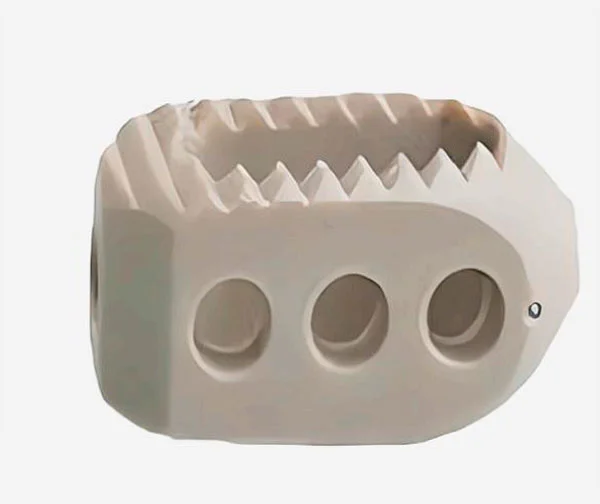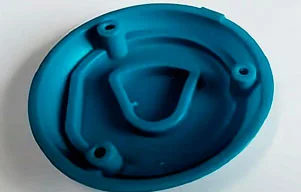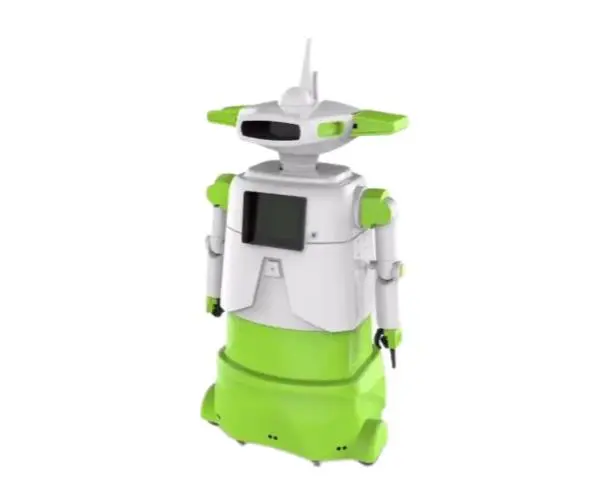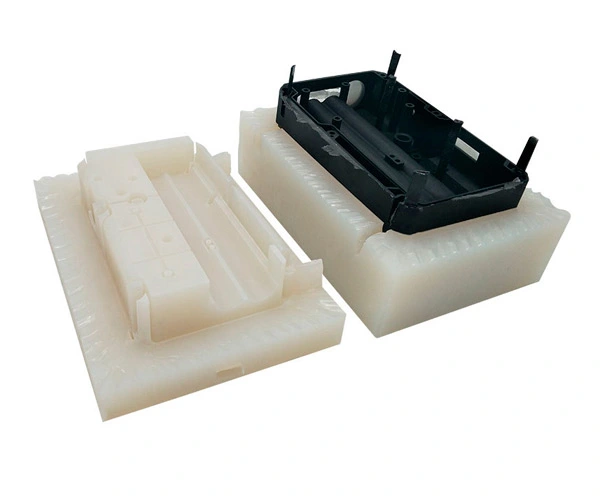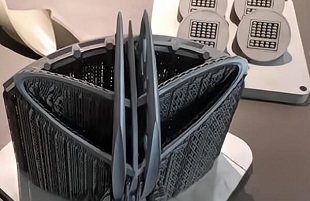What is PEEK Machining Parts? And What are Common Techniques of Machining PEEK Machined Parts?
PEEK (polyetheretherketone) machining refers to the process of shaping or cutting PEEK material using various custom precision machining techniques, such as milling, turning, drilling, or grinding. PEEK is a high-performance thermoplastic polymer that offers excellent mechanical, thermal, and chemical properties, making it a popular choice for various industrial applications, including aerospace, automotive, medical, and electronics.
PEEK material is challenging to machine due to its high melting point, high abrasiveness, and low thermal conductivity. However, with the right tools, equipment, and expertise, it is possible to machine PEEK into complex geometries with tight tolerances and high precision.
Some of the common machining techniques used for PEEK include:
CNC milling: This involves using a computer-controlled milling machine to remove material from a PEEK workpiece. CNC milling in China offers high accuracy and repeatability, making it a popular choice for creating complex parts with tight tolerances.
Turning: This involves rotating a PEEK workpiece against a cutting tool to remove material and shape the part. Turning is commonly used to create cylindrical or symmetrical parts with high precision.
Drilling: This involves creating holes in a PEEK workpiece using a drill bit. Drilling can be challenging with PEEK due to its high abrasiveness and low thermal conductivity, which can cause heat buildup and tool wear.
Grinding: This involves using an abrasive wheel to remove material from a PEEK workpiece. Grinding can be used to achieve high precision and surface finish on PEEK parts.
What are the Benefits of PEEK Machined Parts?
Some of the benefits of PEEK machining include:
High strength and stiffness: PEEK material offers excellent mechanical properties, making it suitable for creating parts that require high strength and stiffness.
High-temperature resistance: PEEK can withstand high temperatures, making it suitable for applications that involve exposure to heat and chemicals.
Dimensional stability: PEEK material has low moisture absorption and excellent dimensional stability, making it ideal for creating parts that require tight tolerances and precision.
Overall, PEEK machining requires specialized equipment, expertise, and techniques to achieve high precision and accuracy. However, the resulting parts offer excellent mechanical, thermal, and chemical properties, making PEEK a popular choice for various industrial applications. As one of top precision manufacturing companies, YS Rapid has a significant advantage in the field of Peek machining. Our commitment is to provide you with superior quality Peek parts through precision machining service, helping you to achieve greater success in various fields.


 EN
EN
 jp
jp  ko
ko  fr
fr  de
de  es
es  it
it  pt
pt  tr
tr  ar
ar  iw
iw 